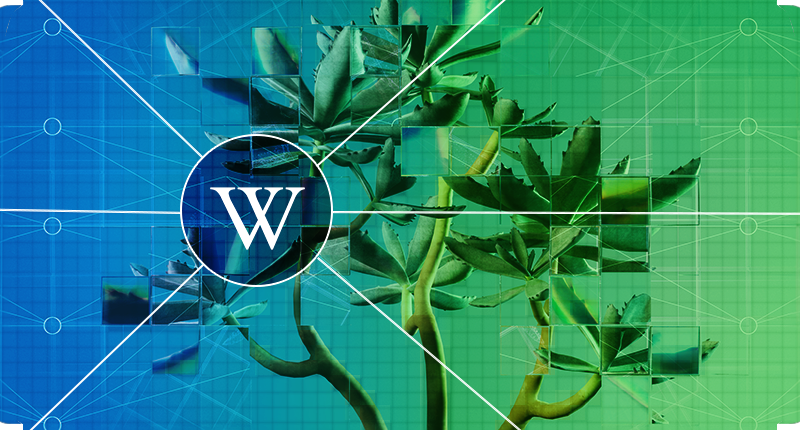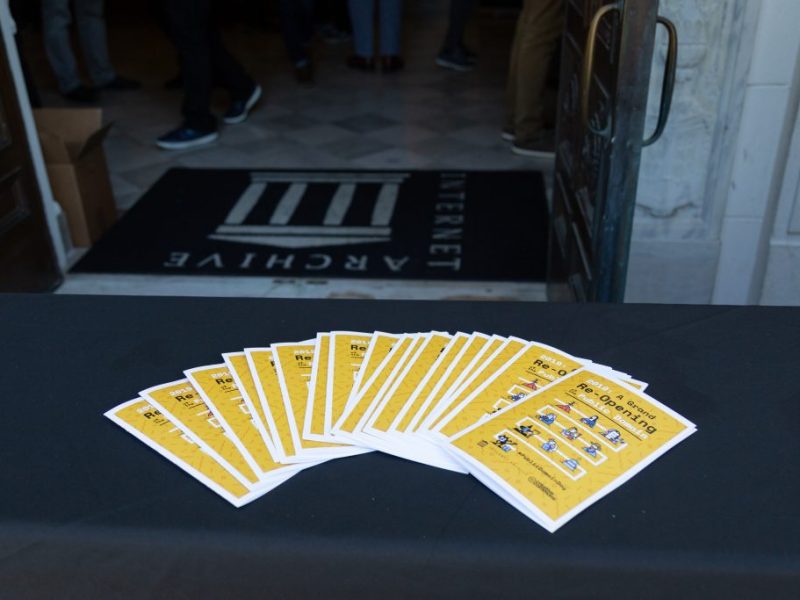The Wikimedia Foundation has supported free access to the sum of all knowledge for fifteen years. This longstanding vision would not be possible without the dedication of community members who contribute content to the Wikimedia projects. As a global platform for free knowledge, we are sometimes approached by governments and private parties with requests to delete or change project content, or to release nonpublic user information. The Foundation consistently evaluates such requests with an eye towards protecting privacy and freedom of expression. We are committed to sharing our responses to these requests with the diverse network of Wikimedians who contribute to the projects we support.
Twice a year, we publish a transparency report outlining the number of requests we received, their types, countries of origin, and other information. The report also features an FAQ and stories about interesting and unusual cases.
A few highlights:
Content alteration and takedown requests. From January to June of 2018, we received 388 requests to alter or remove project content, six of which came from government entities. We did not make any changes to project content as a result, but often encouraged the requesters to work with the user community to address their concerns. The volunteer contributors who build, grow, and improve the Wikimedia projects follow community-created policies that ensure project content is appropriate and well-sourced. We support the community’s prerogative to determine what educational content belongs on the projects.
Copyright takedown requests. The Wikimedia community works diligently to ensure that copyrighted material is not distributed on our platforms without an appropriate free license or exception, such as fair use. Most of Wikimedia’s content is therefore freely licensed or in the public domain. When we occasionally receive Digital Millennium Copyright Act (DMCA) notices asking us to remove allegedly infringing material, we conduct thorough investigations to make sure the claims are valid. From January to June of 2018, we received 12 DMCA requests and granted two of them.
Requests for user data. The Wikimedia Foundation only grants requests for user data that comply with our requests for user information procedures and guidelines (which includes a provision for emergency conditions). The Foundation also collects little nonpublic user information in the first place, as part of our commitment to user privacy, and retains that information for a short amount of time. Of the 23 user data requests we received, only two resulted in disclosure of nonpublic user information.
In addition to updating the online report, we have also released a fully-updated version of our print edition, which we first launched in August 2017. These print versions will be available at Wikimedia Foundation events for the next year, beginning with our annual Wikimania conference in Cape Town, South Africa, which will take place in July 2018.
The Wikimedia Foundation’s biannual transparency report reaffirms our commitment to transparency, privacy, and freedom of expression. It also reflects the diligent work of the Wikimedia community members who shape the projects. We invite you to learn more about requests we received in the past six months in our comprehensive transparency report. For information about past transparency reports, please see our previous blog posts.
Jim Buatti, Legal Counsel
Leighanna Mixter, Legal Counsel
Aeryn Palmer, Senior Legal Counsel II
Wikimedia Foundation
———
The transparency report would not be possible without the contributions of Siddharth Parmar, Jacob Rogers, Jan Gerlach, Katie Francis, Rachel Stallman, James Alexander, Joe Sutherland, Emine Yildirim, Rachel Brown, Imogen Sealy, Yuan Tian, and the entire Wikimedia Foundation Communications team. Special thanks to Anna Windemuth for help in preparing this blog post, and to the entire staff at Oscar Printing Company.




